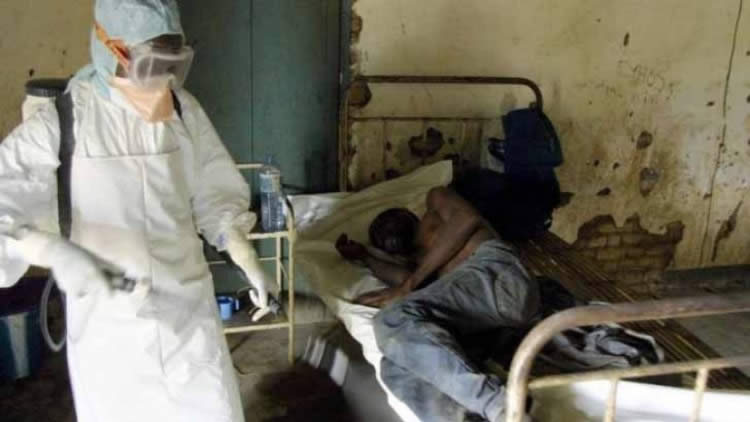Israel at moral cross-roads
Norman Pollack Correspondent
A TRAGEDY, one of thousands that could have been averted: the killing by two Palestinians of four rabbis at morning prayer in a synagogue in Har Nof, a West Jerusalem ultra-Orthodox Jewish neighbourhood, the two assailants in turn killed. Violence is contagious, endemic, even understandable, in the setting, but never exonerative — from whichever direction it comes. The problem is that precast judgment easily follows when the framework for assigning blame is skewed in favour of the strong, the powerful, the ones enjoying favour in the international community and, secondarily, having unlimited resources to present their case — regardless of merit. Short-term perspective, the event itself, works in favour of the dominant party; the longer-term perspective, lest it clutter a black-and-white interpretation, is viewed as devious and of no account.
I do not plead for the justness of such an act as seen here, however extreme the persecutory forces presumed to have driven it. The four rabbis are indeed human, entitled to life and dignity, and, to the best of our knowledge, were not individually and directly involved in the repression of the Jamal cousins or other Palestinians.
But that is just it. The system is designedly one of repression. It is, beginning with Israel’s foundation period and statehood, if not actually before in the Yishuv, and even earlier, the politicization of Zionism as thought an exclusive refuge, necessitating, as if by divine right, the clearing away of all obstacles, be they human or material, to settlement.
Repression: one-sided in origins, conception, implementation, supporting ideology, so categorically placed within the confines of Western society and civilization as to afford no opportunity to introduce a MORAL CALCULUS by which to make sense of long-term conditions and consequences. Legitimacy, itself a function of power, creates and bestows morality on any set of actions its progenitors impose–obviously inadequate as a moral proposition because countenancing and encouraging sheer force (in its myriad guises) as determinative, and as well, perversive of democratic values and practices for that very reason: to the victor go the spoils, including moral reputation.
This is not David vs. Goliath, itself ironic because no longer recognizable to Israelis, but systemic violence practiced by one people over another. Barrington Moore (with whom I had the privilege to study within and beyond the classroom), in his Social Origins of Dictatorship and Democracy, developed the concept of “legitimised violence,” violence practiced in the name of law and order, violence sourced in the very workings of social structure, violence so commonplace as to become part of a self-justifying ideological explanation. Wherever dominant-subordinate, superior-inferior relationships exist, there legitimated violence is invoked, subsists, ultimately thrives. In practical (though disguised) terms, capitalism ordains rich and poor; strikers are struck down in the name of Order (too, civil-rights protesters); egregiously, the entire social structure promotes wealth-and-status differentiation, and with it, unemployment, penury, starvation, for large numbers, self-indulgent luxury, conspicuous consumption, power to be cruelly employed, for the few, all as part of the natural order of things.
In Israel-Palestine the situation is crystallised like few places on earth. The occupation takes the form of legitimised violence in every aspect of life, internally, for the Palestinians — in the fine-grained texture of daily existence (for those who remember, my words could have been that of Franz Fanon probing the darkness of colonialism) in which Palestinians are treated, and made to feel through every power of the state, checkpoints, permits, searches, house demolitions, as inferior (Golda Meir, using the Yiddish term, called them “schwarzes”), and externally, not only inferior, but prisoners, in a walled-up ghetto, subject to arbitrary arrest, blockade, deprivation of essentials, administered in the spirit of systemic punishment and arbitrariness. Spiteful, as a means of certifying strength.
This does not excuse today’s horrible deed in Har Nof, but neither does it serve to obfuscate or excuse the past, as Netanyahu and probably all of Israel are busily doing, pulling out all the stops, in order to wreak vengeance on the Palestinians. Tallit and tefillin soaked in blood, the image presented everywhere, worldwide. As recently as weeks ago, there is no mention of the IDF having left Gaza in a state of rubble, shells and bombs killing hundreds, especially those seeking sanctuary in UN buildings, power outages while the gravely wounded in the hospital corridors cannot be attended to in the ER, medicines in short supply. The moral cross-roads, continue repression, seek accommodation, the former paralysis, death, festering wounds, the latter, at least the start to crediting the humanity of one’s fellow human beings, and doing so, restore one’s own badly tarnished humanity.
Norman Pollack has written on Populism. His interests are social theory and the structural analysis of capitalism and fascism. This article is reproduced from Counterpunch.









Comments